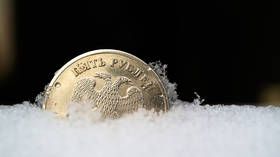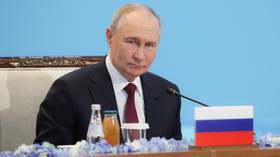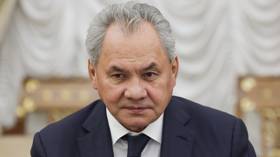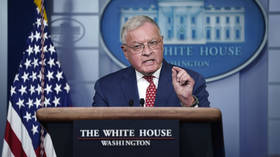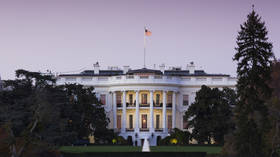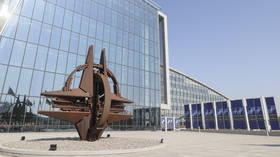West failed to ‘cancel’ Russia at UNESCO – Lavrov
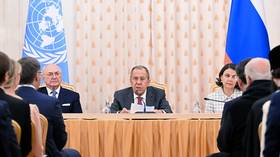
Washington and its allies have not managed to “cancel” Moscow at UNESCO, though they have spent the year trying, Russian Foreign Minister Sergey Lavrov said on Friday.
Addressing the Russian UNESCO Committee in Moscow, Lavrov noted that the collective West has been twisting the arms of developing countries in an effort to “Ukrainize” the UN Educational, Scientific and Cultural Organization. This includes pushing UNESCO past its mandate to defame Russia with false accusations of “destroying Ukrainian cultural heritage.”
“No one can present any facts in this regard. They simply don’t exist,” Lavrov said.
Meanwhile, UNESCO has not said a word about the Ukrainian drone attacks on the Moscow Kremlin, which is a World Heritage site, or the terrorist killings of Russian journalists.
I’ll be honest: a professional, mutually beneficial dialogue in UNESCO is still possible, despite all the openly illegal actions of the leadership of its Secretariat.
Lavrov described as “deeply concerning” UNESCO’s growing neglect of rules and procedures, “and their free interpretation to suit the desired political order.” As an example, he cited the “by and large scandalous” decision to readmit the US this July, which had quit the organization five years ago.
Using “the most unscrupulous methods” including financial extortion, the US and its allies have managed to “squeeze” Russia out of the UNESCO Executive Council and a number of other bodies, even though Moscow had the support of more than half the organization’s members, Lavrov said. Even so, they failed to “cancel” Russia, which was able to achieve a number of substantial things at UNESCO in spite of all the obstacles “that the West has hysterically created in the way of our cooperation with other countries.”
The examples he gave included the addition of the astronomical observatories of Kazan University in Tatarstan to the World Heritage list, and Veliky Novgorod to the list of UNESCO Creative Cities for music. Notebooks and manuscripts of Fyodor Dostoevsky were added to the Memory of the World register as well. In June, on the birthday of Alexander Pushkin, UNESCO celebrated Russian Language Day at its headquarters for the first time ever.
Russia is not shutting itself off from the world, Lavrov insisted, but is promoting the unity of humanity at both UNESCO and other international organizations.
